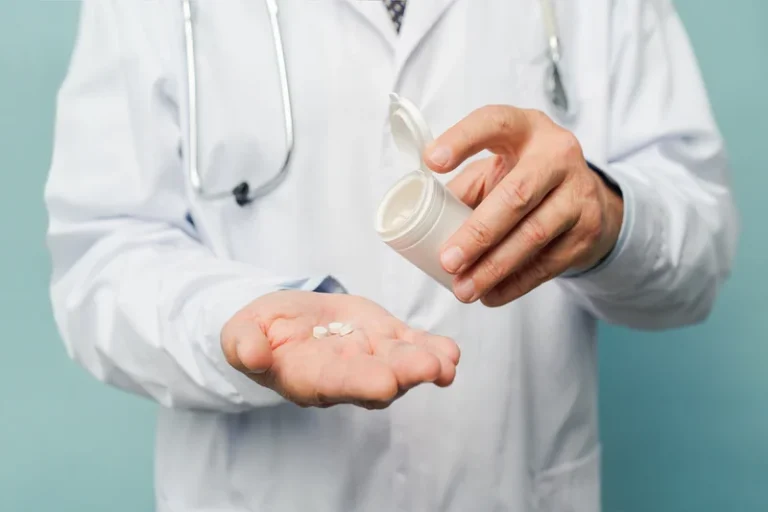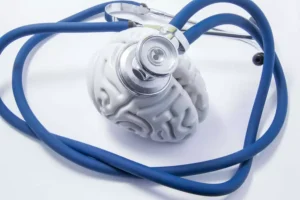
Distilling a drink usually removes any naturally occurring yeast or yeast by-products from the liquid. Because of this, distilled spirits are generally safe for people with yeast allergies. The type of yeast used to ferment many alcoholic beverages and to make dough rise is known as brewer’s yeast or baker’s yeast. Alcohol intolerance occurs when the body does not have the correct enzymes to break down the toxins in alcohol. If you’re starting a new medication, it’s always a good idea to talk with your healthcare provider or pharmacist about how your medication can interact with alcohol.
- For example, alcohol may exacerbate preexisting asthma conditions.
- If you’ve been Googling whether you might be intolerant to alcohol, it’s likely you aren’t just suffering from a bad hangover.
- However, certain food groups also have benefits when it comes to helping with the discomfort of withdrawal symptoms and detoxification.
- Allergic reactions that involve hives, wheezing, and chest pain can occur almost immediately.
- Avoid smoking and taking medication while drinking, as this can worsen alcohol intolerance symptoms.
- Here’s some information to help you get ready for your appointment.
Alcohol And Muscle Relaxers: 4 Things To Know About This Risky Combination

Alcohol intolerance is a rare condition in which your body cannot process alcohol correctly, leading to a build-up of a chemical called acetaldehyde. High levels of acetaldehyde are what cause the unpleasant symptoms of alcohol intolerance. If you have a non-allergic intolerance to alcohol, histamine, sulfites, or other components of alcoholic beverages, your doctor might encourage you to limit or avoid certain types of alcohol.
Alcohol Intolerance vs. Alcohol Allergy
Alcohol intolerance causes acetaldehyde to build up in your bloodstream, ultimately causing unpleasant symptoms. This cohort study used a unique data source to investigate the heterogeneity in the association of alcohol use with IHD mortality by SES in the US general population. We identified a greater protective association of light-to-moderate drinking (with less than monthly HED) with IHD mortality in the high-SES group than in the low-SES group. To our knowledge, this is the first study that demonstrated such a socioeconomic gradient in the association of alcohol use with IHD mortality in the US.
- We additionally adjusted for categorical age (25-34, 35-44, 45-54, 55-64, 65-74, 75-84, and ≥85 years) in the Fine-Gray models.
- They often have a gene that is affected that is passed down in the family.
- We will also look at what causes alcohol allergies and review the differences between alcohol allergy and intolerance.
- The condition is inherited, meaning that it can be passed down from parents to children through mutated genes related to this enzyme, regardless of whether the parents themselves exhibit symptoms.
- Having asthma or hay fever, allergies to grains or other foods, and conditions like Hodgkin’s lymphoma.
Avoid Alcohol

For a more severe reaction—severe skin reaction, weak pulse, vomiting, or trouble breathing—seek emergency help right away. However, in some cases, what seems to be alcohol intolerance may be your reaction to something in an alcoholic beverage—such as chemicals, grains, or preservatives. Combining alcohol with certain medications also can cause reactions. The best way to live with this condition is to avoid alcohol as much as possible. Avoiding alcohol will allow you to live an active, enjoyable life without unpleasant symptoms.
How can you tell if you’re intolerant to alcohol?
A medical professional will recommend a simple test involving alcohol consumption under controlled conditions to observe symptoms. For those who do not wish to abstain, limiting intake and choosing alcoholic beverages that are lower in congeners and chemicals that might trigger reactions could what causes alcohol intolerance help manage the condition. Additionally, over-the-counter antihistamines might alleviate mild symptoms but should be used cautiously and under medical advice. Alcohol intolerance is most often due to genetic conditions and sensitivity to histamine and sulfites in alcoholic beverages.
- This is the same chemical involved in allergic reactions in the body.
- The highest prevalence (35-40 percent) is among in people of East Asian descent.
- But if you experience odd reactions to alcohol after just a drink or two, your body may be intolerant.
How Dry January Reshaped My Relationship With Drinking
Double your impact on fighting cancer
Common Food Allergens in Alcoholic Beverages
